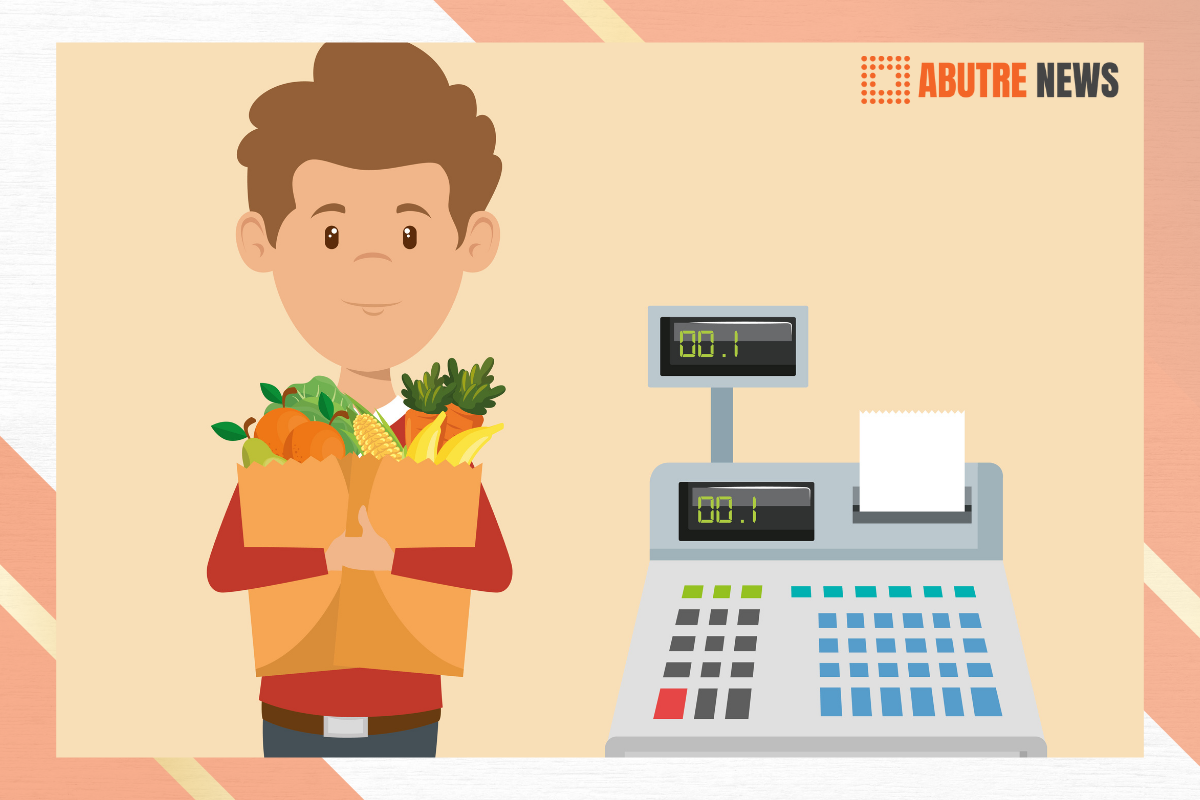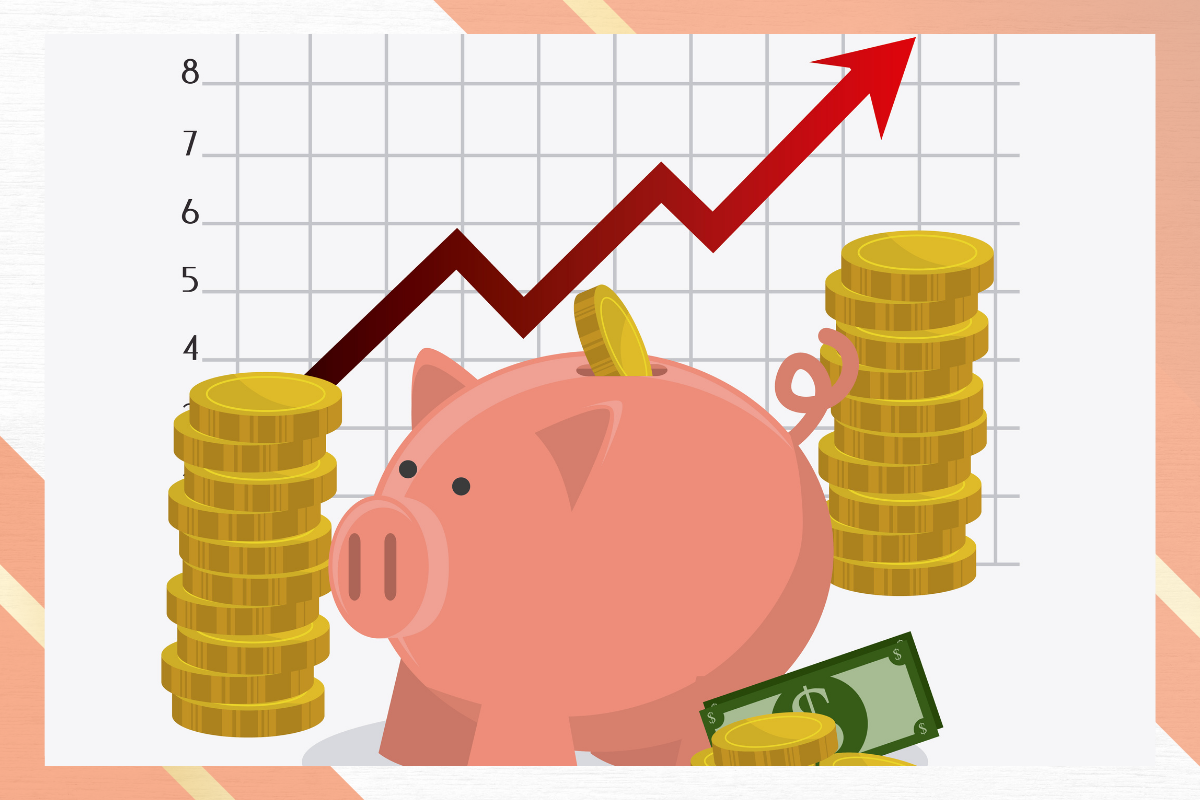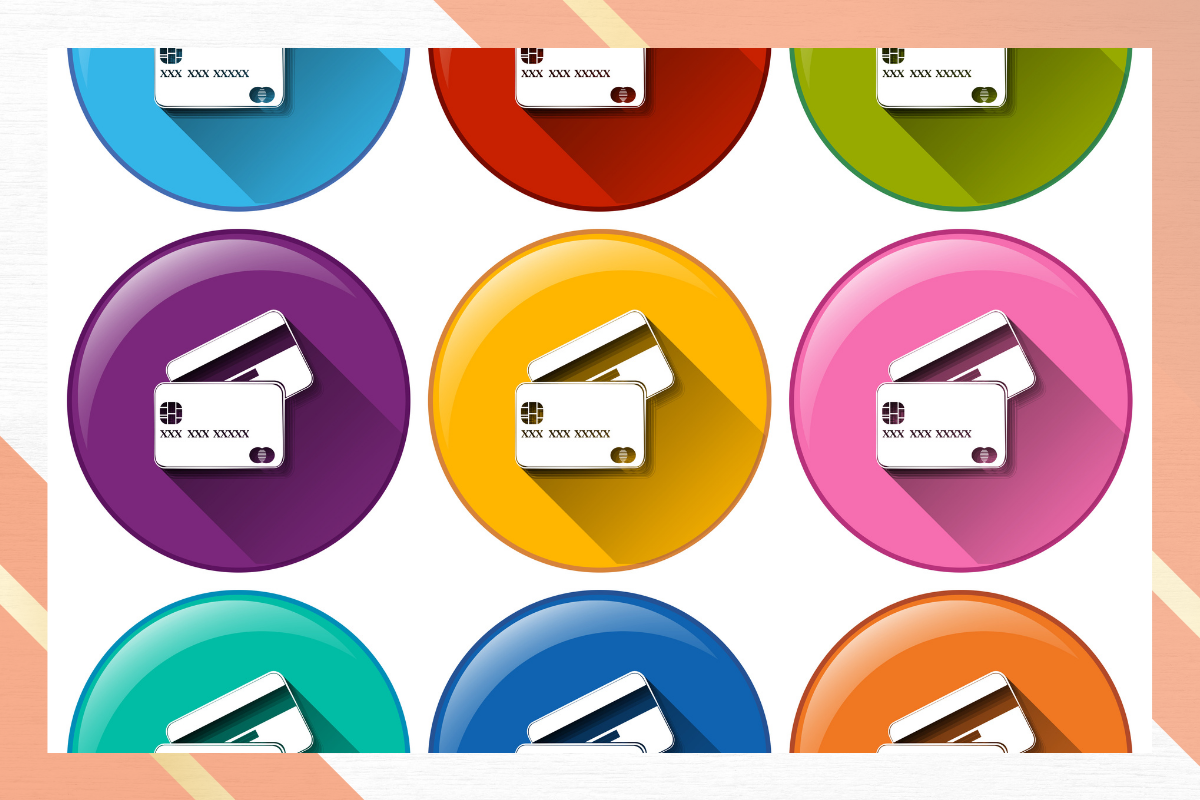We recommendation is:
Strategies for Saving Money at the Supermarket and On Everyday Purchases

Does every trip to the supermarket feel like a torture? Are your everyday purchases taking a big chunk out of your budget? Do your grocery bills feel like their completely out of your control?
If grocery prices are starting to overwhelm and even scare you, then, you are not alone! With the current economic climate, it’s almost expected for food prices to spike at preposterous rates in just a snap of a finger.
But all hope is not lost just yet. Here are some of the tried and tested strategies for saving money at the supermarket and on everyday purchases that are guaranteed to help keep your finances intact.
Forget About Special Ingredients
Try to stay away from any recipe that uses special and expensive ingredients even when bought in small quantities. Ingredients that you will likely just use once will never be worth your money.
If you can’t leave out the ingredients, you can look for a possible alternative that you might already have in your pantry. For all you know, the switch might make you discover a better recipe! Now, isn’t that exciting?
Be Mindful of Bulk Purchases
You can save more money most of the time if you buy in bulk. This is one of the best ways to stock up on your usual pantry staples. Bulk purchases may be in the form of buying bundles or multipacks or getting the biggest size packet available.
Unfortunately, bulk buys can also be a trap. Rather than hoarding everything with the thought that you can save more, be very careful before you buy things in bigger quantities. Double-check everything, from the prices to the use-by-dates. This way, you can be sure that you won’t end up spending more than you expected.
Eat Before You Shop
This one might sound silly but believe it or not, studies have revealed that being hungry while shopping increases your chances of buying more than what you need, and that includes non-food items.
It only goes to show that you are more prone to impulse purchases if you go to the supermarket when your tummy is growling in hunger. This only typically means that you will be more enticed by packaged or processed foods that are not only pricey but are less healthy, too.
Pick the Right Time for Food Shopping
Shopping later in the day will often let you enjoy the best bargains. It’s recommended to visit the supermarket one hour or so before closing time or around 7 in the evening in stores open 24/7/.
During this time, all items that will go out of date the next day should be disposed of. Supermarkets just want to cut down their losses and putting these items on sale will allow them to do just that. The food items that you got on the bargain can then be frozen so you can eat them later.
Keep Your Eyes Away from Eye-level Items
In case you haven’t noticed it, the priciest items on supermarket shelves are located at your eye level. There’s no coincidence there, mind you. These businesses are smart and their goal is to make you see these items right away and tempt you to splurge away.
Rather than becoming a victim of these marketing tricks, keep your eyes down and up when browsing the shelves. The cheaper brands are often stacked lower or higher on the shelves. Use this chance to hunt for the most affordable price tags.
Plan Your Meals
This next strategy may sound simple but it can make a big difference if you want to save money at the supermarket and on your everyday purchases. Planning your meals and using what’s already available at home or buying only what you need will not just reduce your waste but will benefit your budget, too. With a good meal plan at hand, you will be less likely to indulge in convenience meals throughout the week.
The only downside here is the fact that it can be challenging to set out an entire weekly meal plan unless it’s something you love to do. If you’re not too meticulous, you can think of some recipes that you want and can cook during that week.
Choose dishes that can be prepared in bulk, including pasta dishes, fried rice, and stir-fries. You can get inspiration for these recipes online and in magazines.
It’s important that you know how to create an effective financial budget.
Stick with Cash Payments
The envelope budgeting system is a great strategy to save money on your daily purchases and supermarket trips. With this budgeting method, you need to allocate your monthly income in cash in different envelopes depending on your specific budgeting goals.
It means that you should have an envelope for fixed costs and variable costs including groceries, eating out, clothes shopping, and entertainment. You can reduce your chances of overspending if you pay for your groceries using a fixed amount of physical cash.
Always Compare Prices and Shop Around
Supermarkets are not made equal and their products are no different. Comparing them and finding the ideal ones will allow you to strike the perfect balance between the budget you’re willing to spend, the items you need, and your personal preferences. Instead of choosing one supermarket just because it’s where your friends go, check other options and see if you can save more if you buy your groceries from them.
Shop Local
When you shop at your local supermarket, your money stays local, too. Aside from this, most local farmers’ markets offer fresher produce and a higher level of satisfaction compared to big box stores that often feel too detached and impersonal.
Shopping local also means that you might already be friends with the owner, or you might get to know them in person. Many of you have probably experienced buying from local shops where you get some discounts or even free items just because the owners know you and appreciate you doing business with them.
You might find some locally grown tomatoes at the farmer’s market or meat deals might be available at the butcher shop down the road. And of course, it’s so much better to eat fresh fruits instead of those shipped from another country that are often sold in bigger supermarkets.
Look for Seasonal Produce
Vegetables and fruits that are in season are not just fresher but are also cheaper at the same time. Try planning your meals around what’s currently in season if you want to save money at the supermarkets and on everyday purchases.
Research the months when certain produce is in season and filter your search further to know what’s available. You can also try to look into the local farmer’s market in your area. Shopping much further afield can also help.
Although it’s easy to choose what’s convenient when shopping for groceries, as long as you’re willing to look beyond your local area, you might find cheaper produce and discover more deals. Try to visit wholesale vegetable and fruit markets and greengrocers in another town to hunt for exciting bargains.
If you want to save more, fresh produce shouldn’t be your only priority when you explore other areas of your region or city. Look into poultry and fish vendors, wholesale meat, frozen food emporiums, specialized butchers, delicatessens, as well as international supermarkets that sell herbs, spices, long-life items, and unique produce.
Use Loyalty Programs to Your Advantage
Make sure you sign up for the loyalty programs of your favorite supermarkets to get discounts and earn points. While you’re at it, grab the chance to get their personalized offers and special promotions. Many supermarket chains today offer loyalty programs to their valued customers for free.
There are also supermarkets that issue store-branded credit cards that let you earn points and redeem them every time you go shopping. Many loyalty programs of major supermarkets are also available in apps that can arrange parcel pickup or home delivery, recommend recipes, offer personalized discounts, create grocery lists, and even track and monitor your shopping habits.
Check What You Have in Your Fridge and Pantry
Affordable everyday ingredients are usually more than enough to prepare scrumptious dishes. To shop smart and save money, always take note of what you have in your pantry. You must know what’s already handy and available before you take a trip to the supermarket.
Consider it as an inventory that helps you stay away from unessential purchases and plan your meals depending on the leftovers or produce that you have at the moment. You can even try to use leftovers and give them a new life by whipping up a recipe based on them.
The Bottom Line
Planning combined with awareness can go a long way if you want to save money at the supermarket and on everyday purchases. Now is the perfect time for you to incorporate the strategies above so you can keep your finances right on track without letting your expenses spiral out of your control.





